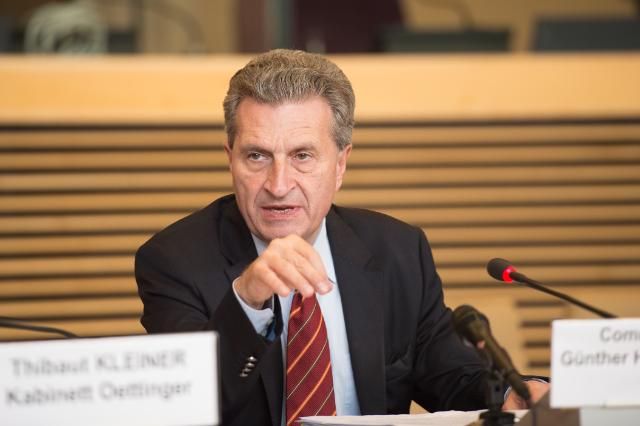
BRUSSELS—A coalition of nearly 20 telcos including BT, Deutsche Telekom, Ericsson, Hutchison, Nokia, Orange, Telefonica, Telenor, and Vodafone have drawn up what they call their "5G Manifesto"—outlining what they want from governments in order to deliver 5G coverage across Europe.
The 3,000-word document also makes certain promises: signatories have committed to starting large-scale demonstrations of 5G technology by 2018, and launching 5G commercially in at least one city in every EU country by 2020.
However, there is a caveat: the telcos warn of the "danger" of strict regulation and want net neutrality rules to be watered down. Net neutrality is the principle that Internet service providers should treat all data the same, by not discriminating or applying different charges regardless of type of content or user. The telcos' 5G manifesto says:
The EU must reconcile the need for open Internet [the term du jour for net neutrality] with pragmatic rules that foster innovation. The telecom industry warns that current net neutrality guidelines create significant uncertainties around 5G return on investment.
Investments are therefore likely to be delayed unless regulators take a positive stance on innovation and stick to it.
The telcos also want net neutrality laws to allow “innovative specialised services,” adding that “5G introduces the concept of network slicing to accommodate a wide variety of industry verticals’ business models on a common platform, at scale and with services guarantees.”
It is not surprising, then, that the European Commission's digital chief Gunther Oettinger, who once compared net neutrality defenders to the Taliban, is enthusiastic about the statement. “I very much welcome the 5G manifesto and discussions today with the high-level industry group," said Oettinger. "These will help us focus on the key levers to ensure European digital leadership in 5G. The manifesto is a valuable input for the 5G action plan that will be presented in September, together with the proposal for the review of the telecom regulatory framework.”
The commission will also take into account feedback from a public consultation that runs until next Monday.
5G is expected to contribute significantly to the development of connected cars, mobile health, transport and logistics, smart grids, and smart cities, as well as media and entertainment—so a handful of non-telco firms have also signed the manifesto, including Airbus, Philips, and Siemens.
Meanwhile, Brussels' Joint Research Centre has developed an app, dubbed netBravo, that lets EU citizens assess the robustness of their mobile connection. It monitors the quality of Wi-Fi, 4G, 3G, and GSM signals.
Culture commissioner Tibor Navracsics said: “As we head into summer and many European citizens will be travelling, the netBravo application will be a useful tool to help consumers make the best choice of operators.”
Listing image by EC-Audiovisual Service/Photo: Lieven Creemers
reader comments
110